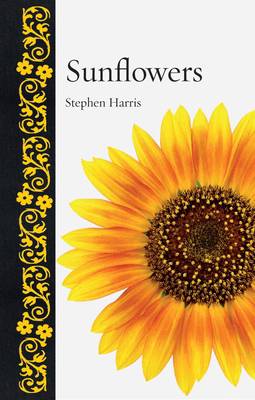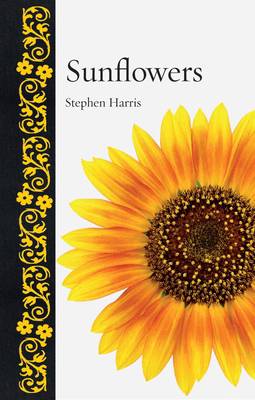
- Afhalen na 1 uur in een winkel met voorraad
- Gratis thuislevering in België vanaf € 30
- Ruim aanbod met 7 miljoen producten
- Afhalen na 1 uur in een winkel met voorraad
- Gratis thuislevering in België vanaf € 30
- Ruim aanbod met 7 miljoen producten
Zoeken
Omschrijving
From iconic paintings by Vincent van Gogh to their much-spat seeds at baseball games, the massive, golden blossoms of sunflowers have become a part of our literary and visual cultures and daily lives, inspiring artists and poets and used by advertisers to promote countless products. But sunflowers are only the most recognizable members of the world's largest family of plants, Asteraceae, which includes lettuce, chrysanthemums, asters, dahlias, and weeds. And in this book, Stephen A. Harris unearths the extraordinary history of this entire sunflower bouquet. Unraveling the interplay between human cultures and the biology of these spectacular blooms over the last six thousand years, Sunflowers explores our persistent fascination with this family and how our uses of the plants have changed over millennia. Found in almost all habitats, from the driest deserts and tallest mountains to grasslands and urban wastelands, the sunflower family includes more than 32,000 species. It produces hugely popular and economically valuable ornamental flowers, as well as familiar flavorings such as tarragon and artemesia, and its members are also used in the production of antimalarial drugs, artificial sweeteners, insecticide, and fish poisons. Illustrated with many rarely seen images of the sunflower family, this beautiful volume sheds surprising new light on these familiar, sunniest of flowers.
Specificaties
Betrokkenen
- Auteur(s):
- Uitgeverij:
Inhoud
- Aantal bladzijden:
- 256
- Taal:
- Engels
- Reeks:
Eigenschappen
- Productcode (EAN):
- 9781780239262
- Verschijningsdatum:
- 15/07/2018
- Uitvoering:
- Hardcover
- Formaat:
- Genaaid
- Afmetingen:
- 140 mm x 218 mm
- Gewicht:
- 589 g

Alleen bij Standaard Boekhandel
+ 50 punten op je klantenkaart van Standaard Boekhandel
Beoordelingen
We publiceren alleen reviews die voldoen aan de voorwaarden voor reviews. Bekijk onze voorwaarden voor reviews.











